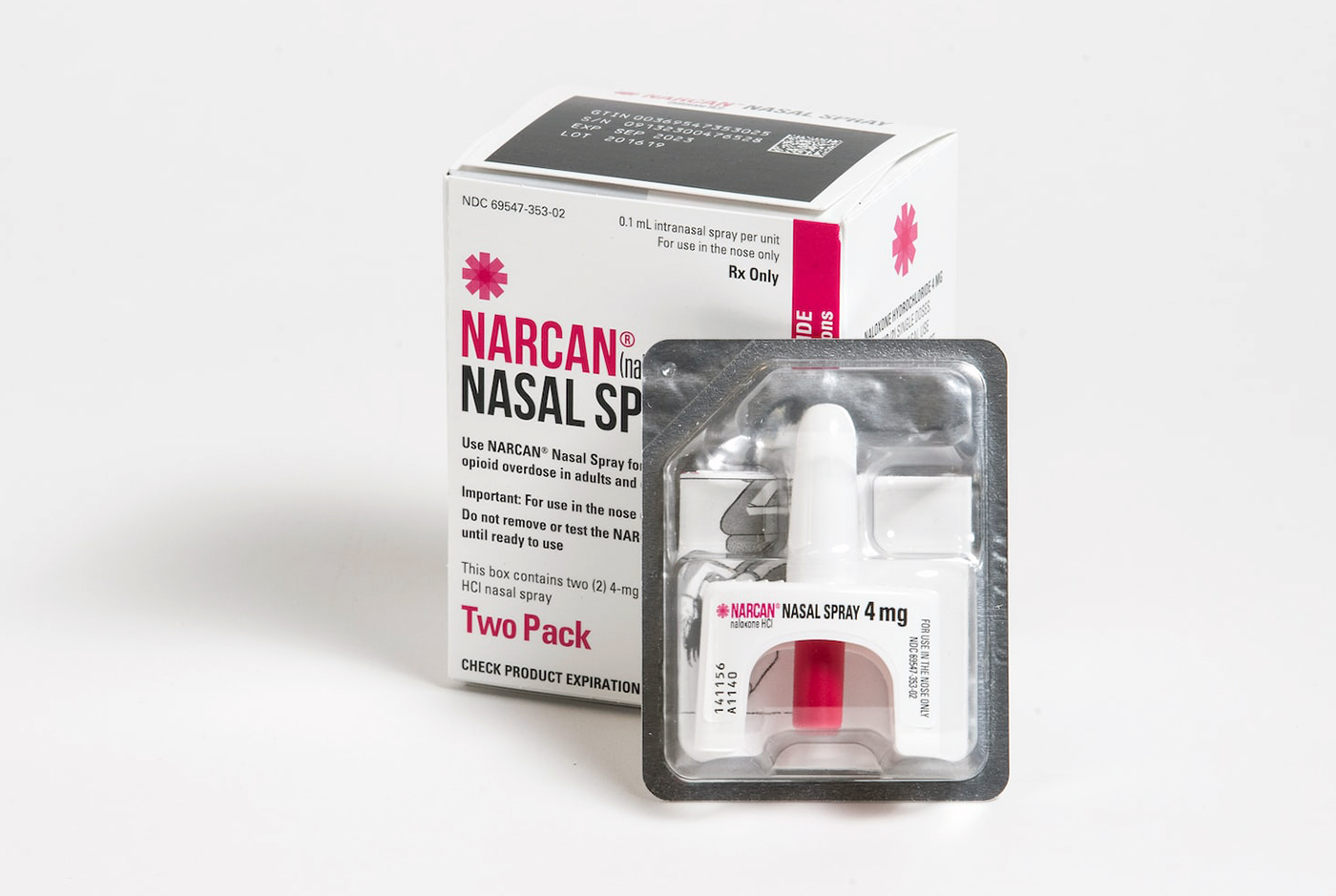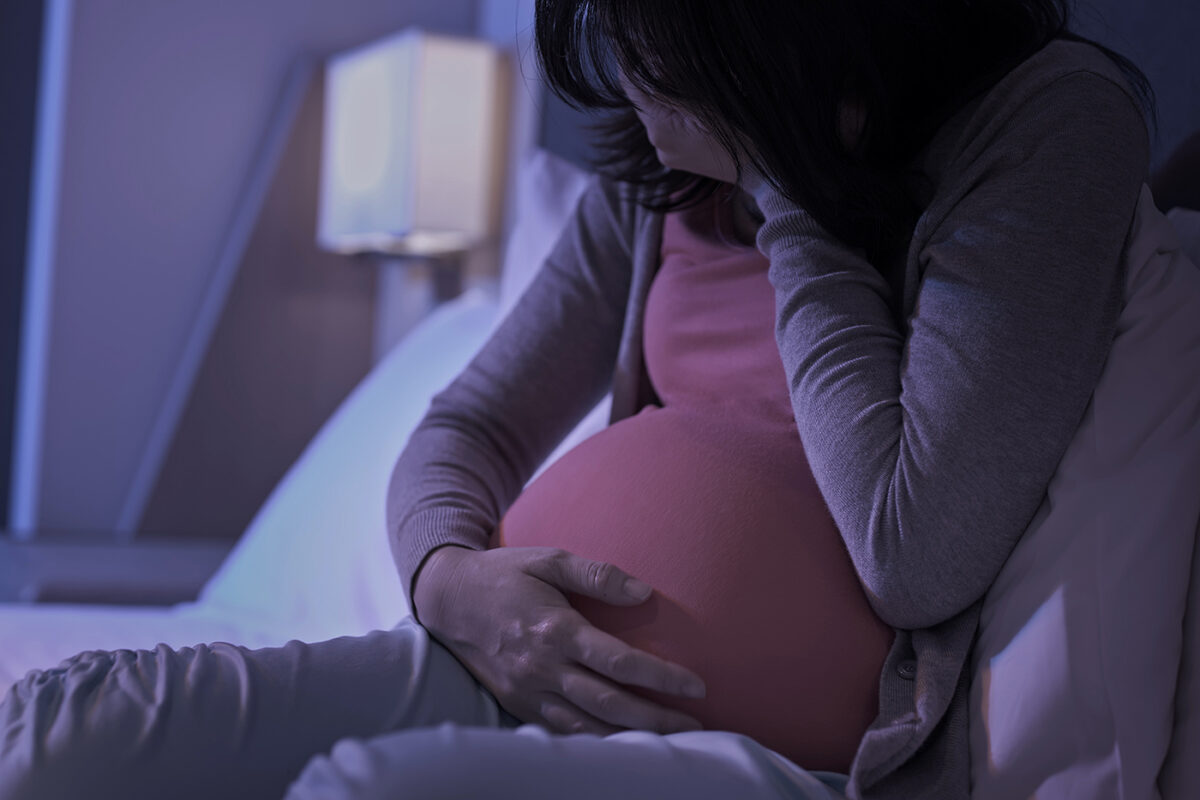
Harm reduction programs will face fewer barriers to obtaining and distributing naloxone — a lifesaving drug which can rapidly reverse an opioid overdose — thanks to new federal guidance.
Issued by the U.S. Food and Drug Administration (FDA) in September and effective immediately upon release, the new guidance clarifies existing laws and regulations regarding the distribution of naloxone, also known by the brand name Narcan. Among other things, the guidance clarifies the applicability of a public health emergency exclusion and exemption from certain requirements under the Drug Supply Chain Security Act (DSCSA).
Enacted by Congress in 2013, the DSCSA established an electronic system to track certain prescription drugs distributed in the U.S. and set regulations for pharmaceutical transactions and distribution. However, under a public health emergency — declared for the opioid epidemic in 2017 and subsequently continued every 90 days — some exemptions are permitted.
In the guidance, the FDA states that during the public health emergency it will not take enforcement action against entities for distribution of naloxone, including donations of the drug to harm reduction suppliers and programs.
The guidance aligns with the harm reduction focus included in the FDA’s Overdose Prevention Framework, released in August 2021. The framework prioritizes:
- Supporting primary prevention by eliminating unnecessary initial prescription drug exposure and inappropriate prolonged prescribing.
- Encouraging harm reduction through innovation and education.
- Advancing development of evidence-based treatments for substance use disorders.
- Protecting the public from unapproved, diverted, or counterfeit drugs presenting overdose risk.
The opioid epidemic continues to be a major public health issue in Arkansas. Overdose deaths grew in Arkansas from 388 in 2019 to 546 in 2020, an increase of nearly 41%.
The state is working to increase naloxone availability, including enacting a 2021 law requiring a co-prescription of naloxone when certain drugs are prescribed. ACHI is also leading a statewide effort, in partnership with the Arkansas Department of Human Services, known as NaloxHome. With funding provided by the federal Substance Abuse and Mental Health Administration through Arkansas DHS, the program provides free naloxone to hospitals to dispense at discharge from the emergency department to patients or caregivers of patients who have experienced an overdose or are at risk for an overdose. As of today (Nov. 2), 26 hospitals are participating in the program.





